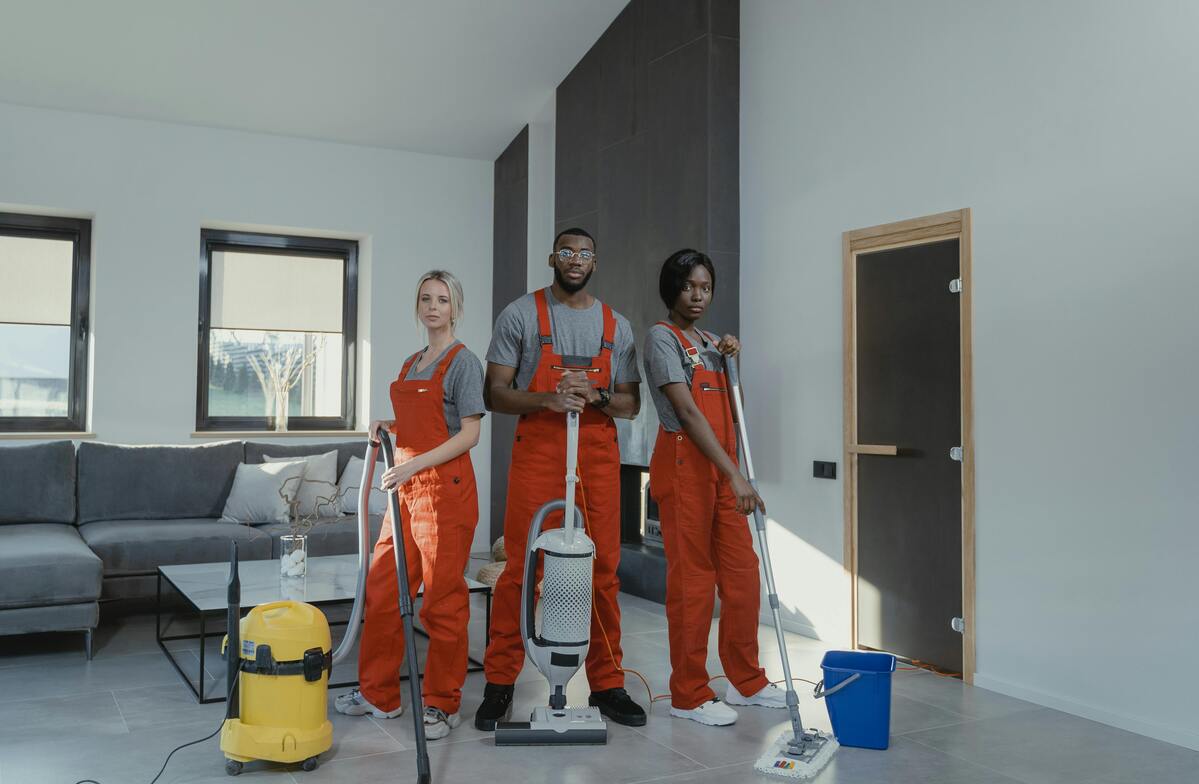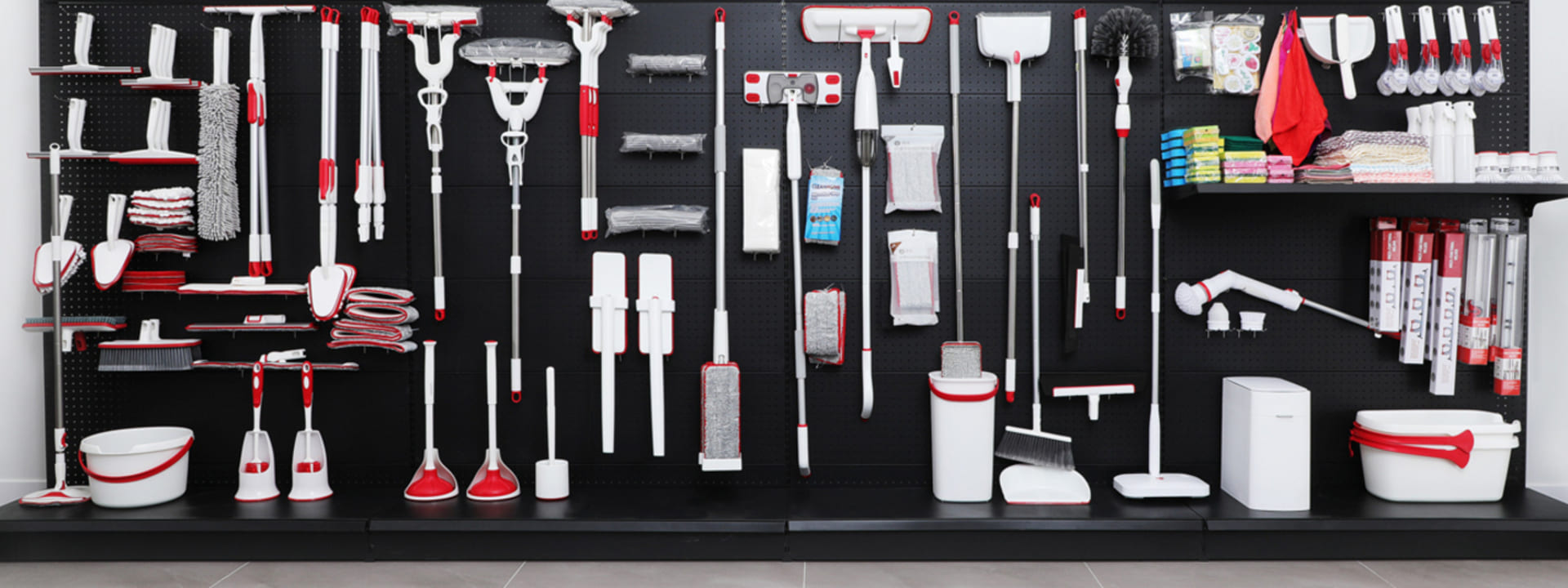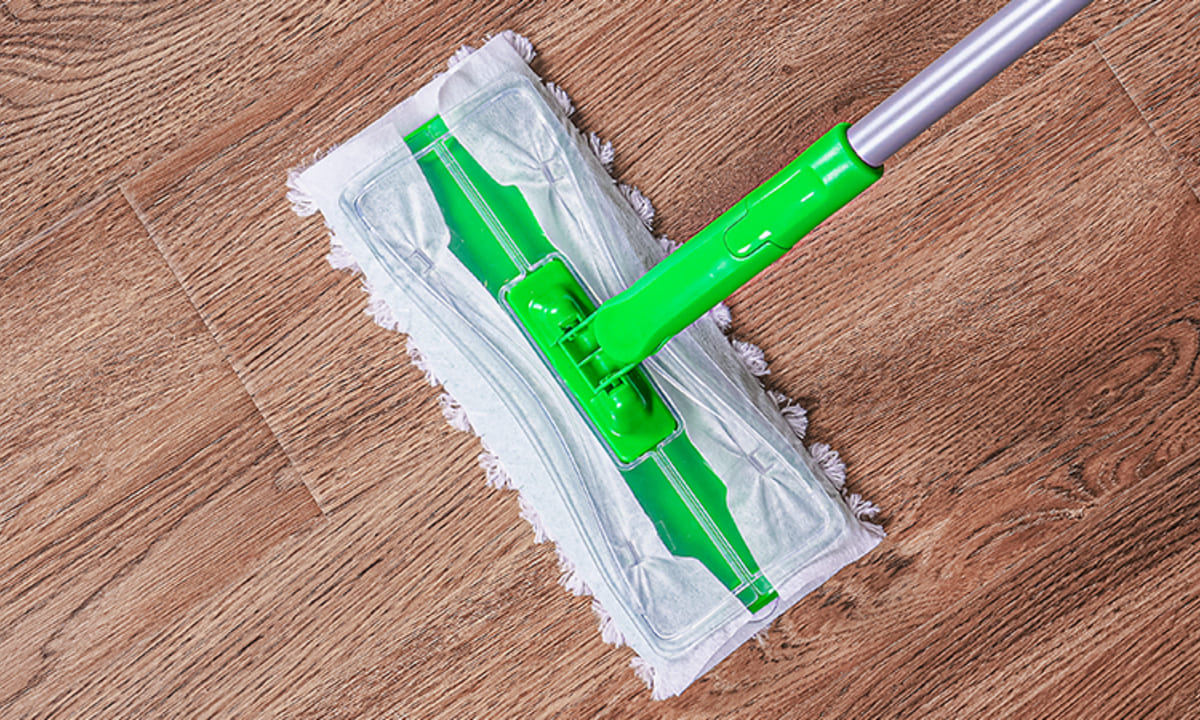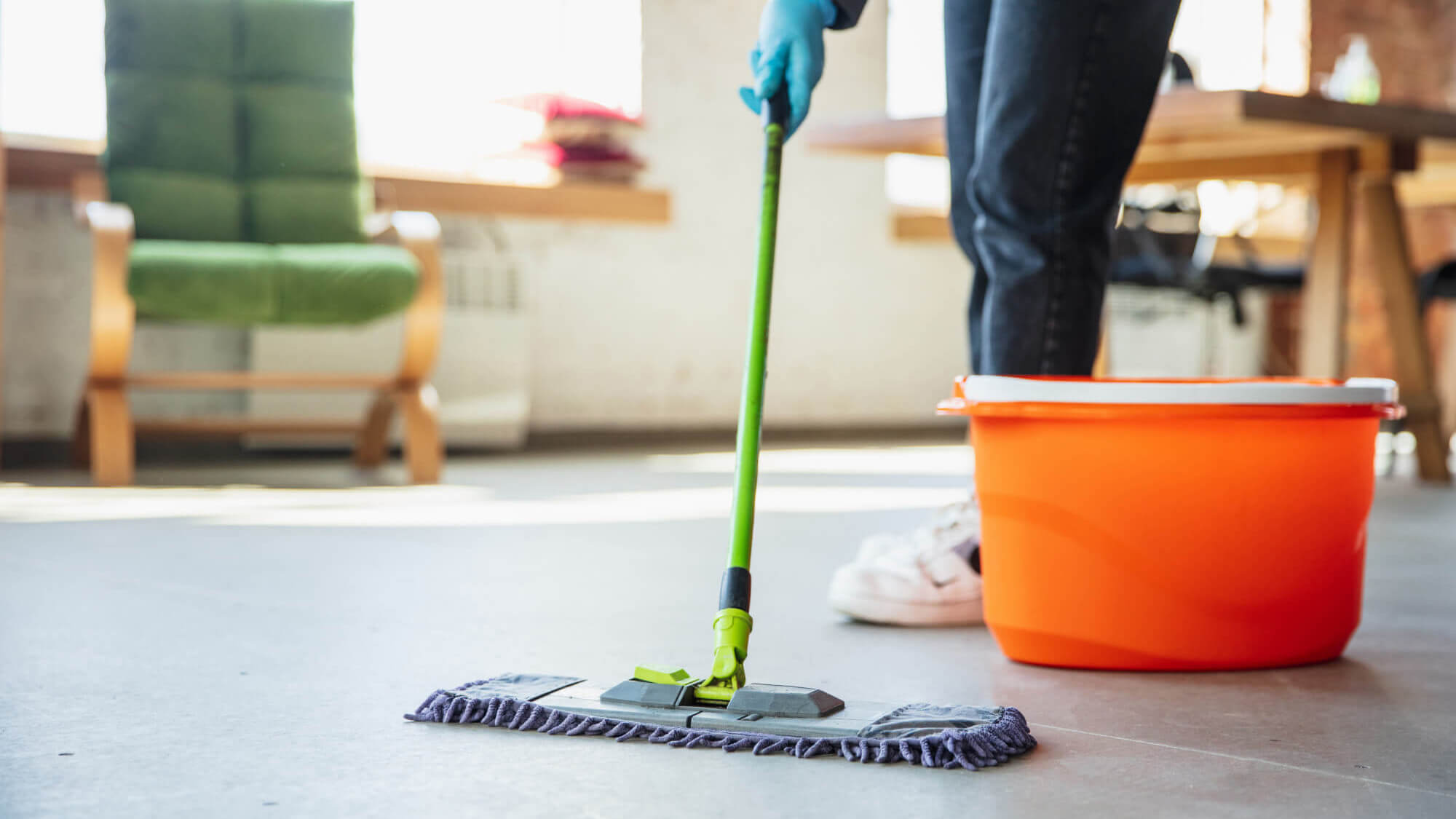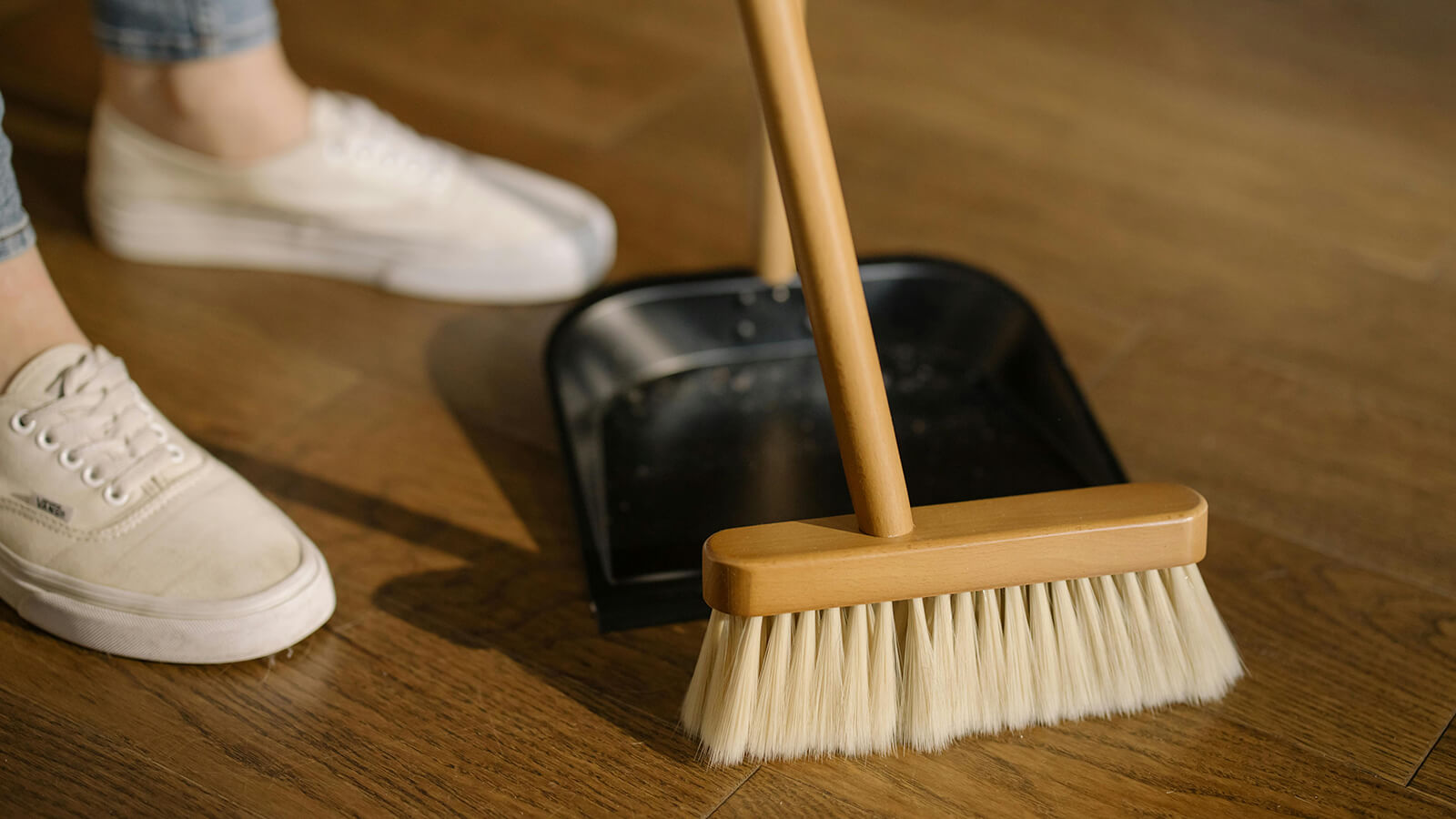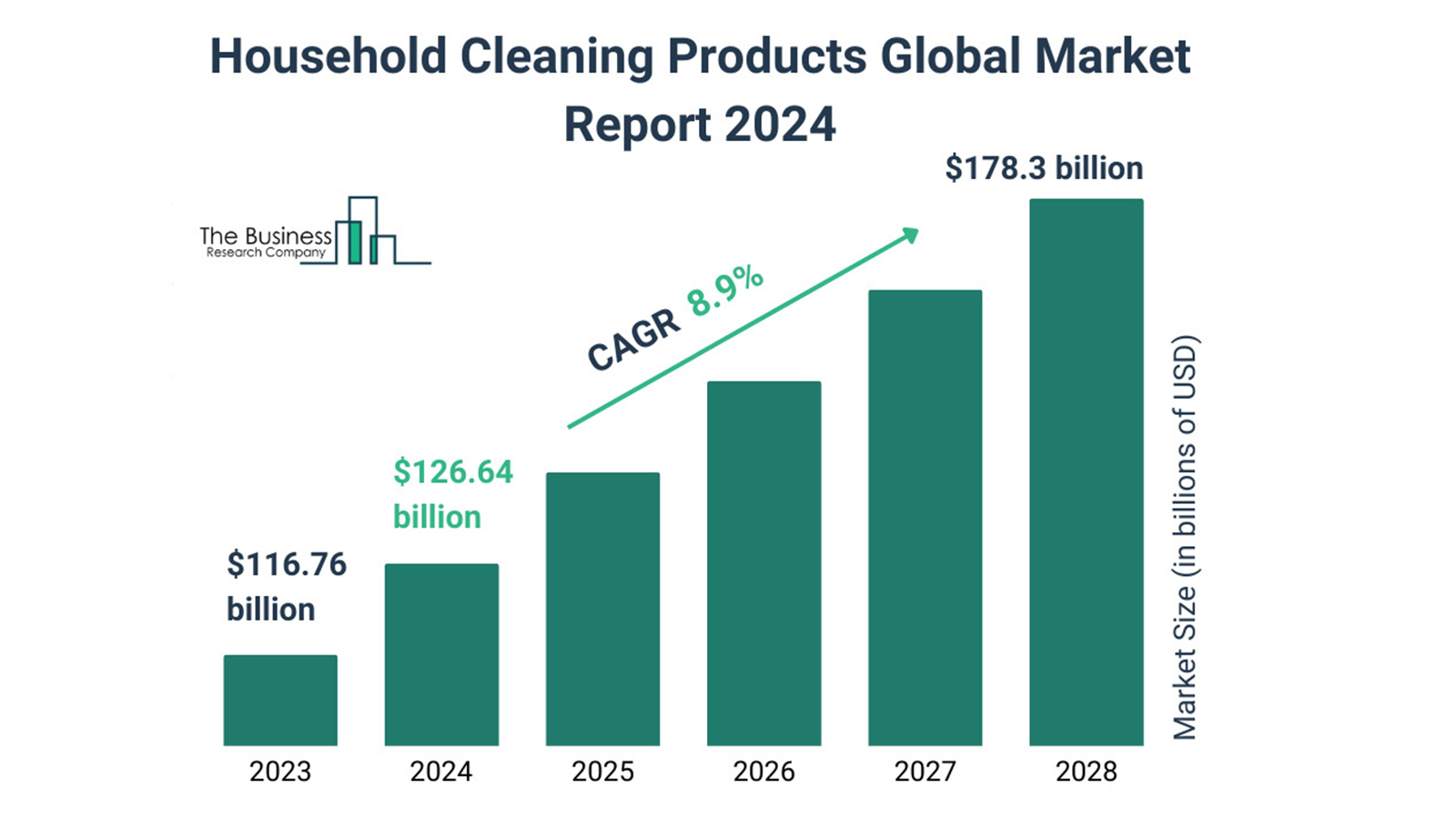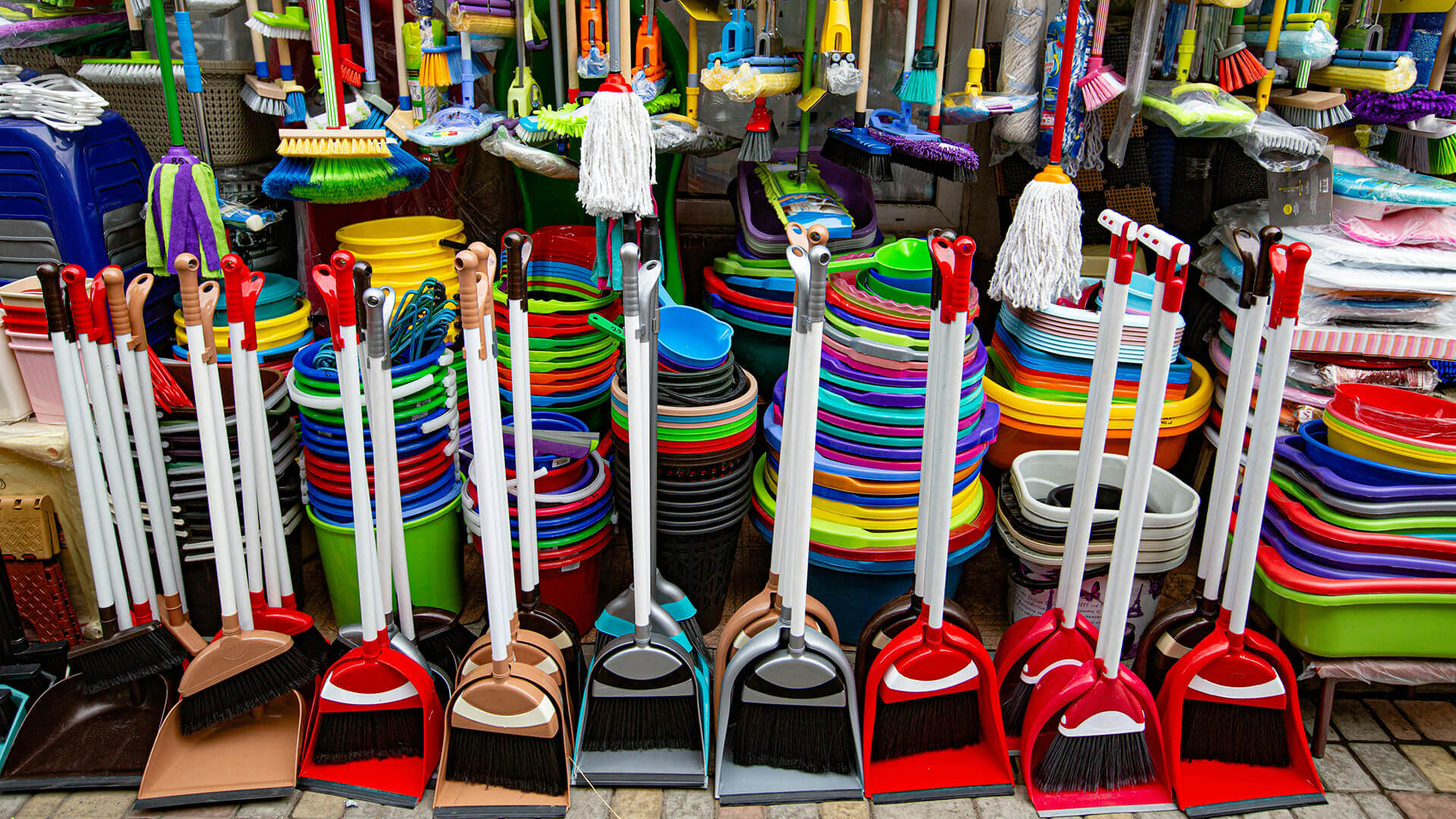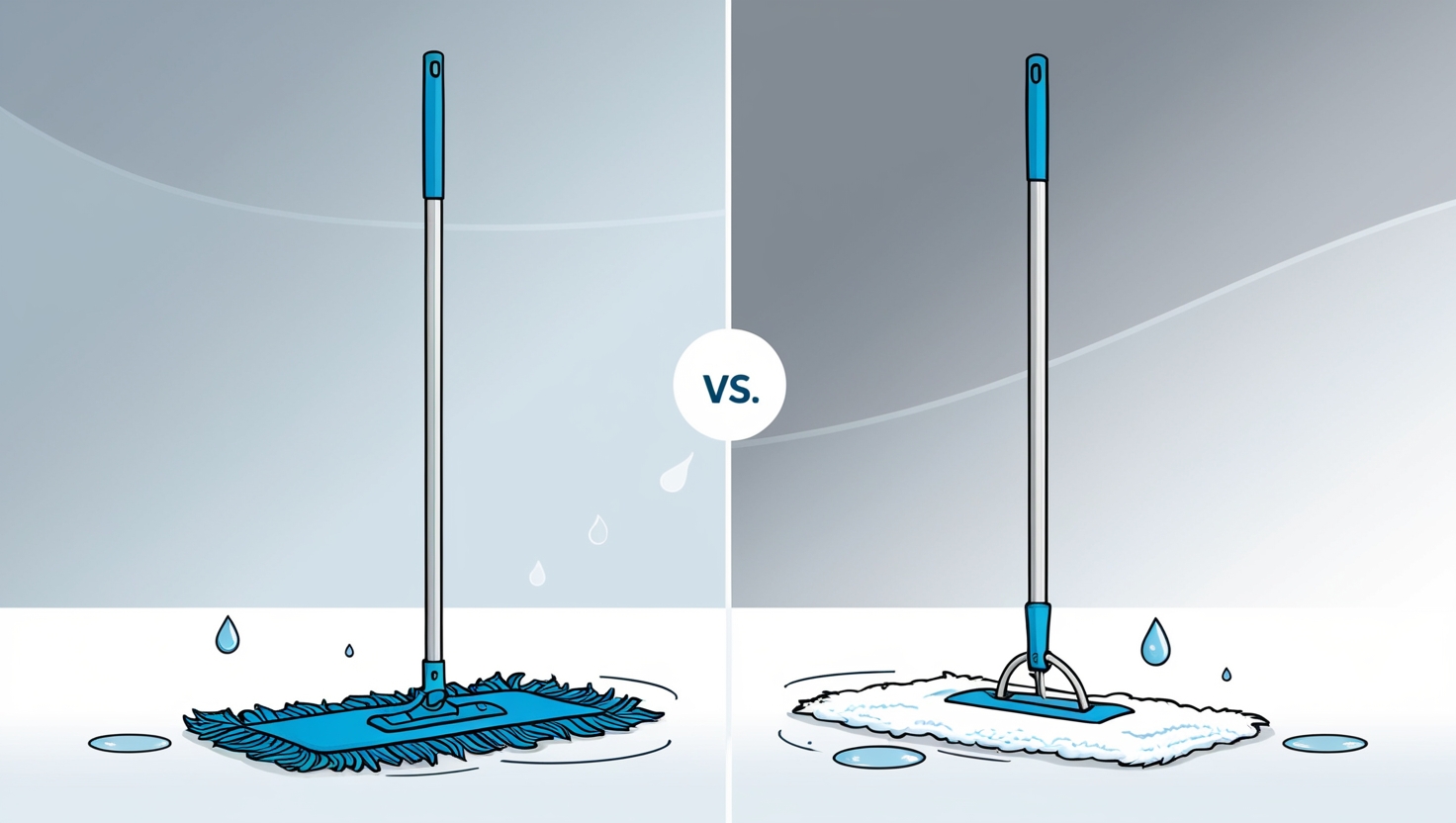If you’re looking for a way to start a business with low overhead and straightforward setup, a cleaning company could be the right option. These types of businesses don’t cost much to form, nor are they particularly expensive to operate. You don’t even need much in the way of formal training or complex qualifications to set up your cleaning business.
Plus, the rewards are clear to see. With the value of the cleaning industry rising year after year, there’s much money to be made in this field. But, before you begin, you might have questions about how to start a cleaning business – like how much does it cost or what kind of equipment do you need. This guide will provide all the answers.
Step 1: Decide on Your Specialty and Provided Services
First up, before you worry about preparing a business plan or registering your company with the authorities, you need to think about what kind of services you wish to provide. Do you want to run a general house cleaning company? Or maybe you’re planning on something a little more niche and specific, like a window cleaning company or pool cleaning firm.
Electronics cleaning. Carpet cleaning. Pressure washing. Residential cleaning. Green cleaning. The options go on and on. So, before you start to solidify your business plan and take steps to form your company, do some research. Look into the possibilities, and try to find gaps in the market – especially in your local area.
A little research can go a long way. The more you find out about what local people (or businesses) need in terms of cleaning services. The easier it’ll be for you to find your niche. From there, you can proceed to get the relevant training or qualifications that will help you deliver the best quality services for your future clients.

Step 2: Establish a Target Market
The next step is to consider your target market. Who are you targeting? Who is your ideal customer? What do they need, and how can you encourage them to choose your company over the other options out there? These are the kinds of questions you need to ask to help you set up a successful firm.
Again, research is essential here. Since most cleaning companies tend to offer services around the local area, do some research into your surrounding zone. You may find that one type of cleaning company might be best-suited to the area.
At this stage, also take the time to consider any possible permits or licenses you might need before moving forward. Permit rules can vary from state to state and city to city, so it’s always worth speaking with the local authorities and making sure you comply with all local legal regulations when setting up a new company.

Step 3: Plan Your Business Operations
Next is to plan out your future operations. For example, you might be wondering about “What equipment do I need to start a cleaning business?” Well, this is the moment to look that up, discovering what tools and products you’ll need, as well as sourcing suppliers who can provide them to you at good prices.
Finding a suitable cleaning equipment supplier is a crucial step, as it ensures you get high-quality products at a good value. You’ll need a variety of equipment, including basic cleaning supplies such as mops, brooms, dusters, buckets, and cleaning cloths. Cleaning agents are essential too; make sure to have a range of detergents, disinfectants, glass cleaners, floor cleaners, and other necessary chemicals.
Depending on the type of cleaning services you offer, you may need industrial-strength vacuum cleaners. For more specific tasks like carpet cleaning or window washing, consider acquiring specialized equipment such as steam cleaners, carpet cleaners, and squeegees. Additionally, protective gear, including gloves, masks, and possibly uniforms, is important to ensure the safety and professionalism of your team.
You also need to think about possible transportation to take you (and your team) around to different locations and jobs. Speaking of your team, you’ll also have to decide how big you want it to be. Are you planning a small operation, or do you intend to hire lots of employees in an attempt to dominate the local cleaning market?
Think about the number of employees you want, and consider aspects like wages, liability insurance, and transportation for each one. Naturally, more employees mean more cost for you, but a larger team can help you get more work and grow your brand faster. It’s a delicate game of balancing risk and reward. If you’re short on capital, look into funding options that can help you get your company set up.

Step 4: Register the Business
Next, one of the most crucial stages of how to start a cleaning business: registration. This is the part of the process where you take your initial ideas and business plan and basically make them “official” in the eyes of the state. That means filling out forms, paying the relevant fees, and registering your firm with the authorities (like the Secretary of State).
Before you begin, you’ll have to pick a type of business structure that suits your needs. Options include LLC, sole proprietorship, general partnership, and so on. Each one has its pros, cons, and unique selling points, with varying tax implications and liabilities, too. Research them all to figure out the business entity that fits you best.
Alternatively, you could go down the franchise route. That means you set up your own branch of an existing cleaning brand. Advantages of this include the fact that you’ll have brand recognition to help you gain those all-important initial clients, plus support from the franchise itself to get you up and running. The downside? You won’t have as much control over your business’ operations.
It’s all about risk and reward, and finding the balance between the two. Some business types bring more risk if things go badly, but offer greater rewards – profit and revenue primarily – if you succeed. If you’re unsure how to make the decision, you could seek out advice from business advisors.
Step 5: Set Your Pricing Wisely
Next up, pricing. You’ve got to establish a sensible pricing structure (and price list) for your firm. There are three options here. Either charge by the hour. By flat rate. Or by square footage (based on the size of the place you’re cleaning).
For consumer cleaning businesses, hourly and flat rates work best. Meanwhile, square footage rates are best for commercial cleaning companies focused on large areas, like offices. So, think carefully about the kind of jobs you’ll be taking on to decide on the most appropriate pricing system.
In terms of how to set your prices, look at what your competitors are doing. Try to find price lists for similar companies and pick prices that are fair and competitive. If you offer a more premium service to the rest, elevate your rates. If you want to provide a more budget-friendly service, try to undercut your rivals instead.

Step 6: Try Different Marketing Strategies
Even if your company offers the best cleaning services around, you’ll struggle with issues like “How do I get my first cleaning client?” if you don’t invest in marketing. Marketing is the difference-maker. It’s the thing that can help you secure those early jobs and start spreading the word about your business and its benefits.
These days, there are lots of ways to market. TV ads. Billboards. Flyers. Leaflets. Email campaigns. Social media marketing. Influencer marketing. The options are almost endless. So why restrict yourself to just one type? Invest in an array of marketing methods to find those that work best for you.

Step 7: Find the Best Balance for Your Rates
Earlier on, you set out your prices. But that doesn’t mean you can’t adjust them later on, as your business grows and develops. Companies regularly review and adjust their price lists, and you’ll need to do the same to suit changing market conditions. This will help you get the best value out of every job and keep your company going, even when times get tough.
Constantly monitor your expenses. Make sure you’re aware of how much it costs to purchase the equipment you need and pay your employees’ salaries. Keep up to date with changing rates among your competitors, too, and adjust your own prices accordingly to help you enjoy consistent success.
Expert Tips on Running a Cleaning Business
So, we’ve covered all the key steps of how to start a house cleaning business. But there are still many helpful tips and tricks that can assist you in forming a profitable business and enjoying success in this industry. Here are just a few tips to keep in mind:
1. Invest in Useful Software and Technologies
There are lots of helpful pieces of business software that can empower you when running your cleaning company. A CRM for example helps you keep track of your clients, while scheduling software helps you manage your bookings.
2. Reviews and Referrals
Reviews and referrals are the lifeblood of a cleaning company. If you can attract positive responses, that’s a great way to build up your brand. Provide great service and ask customers to leave reviews of your company online. Additionally, respond to those who leave poor feedback and try to find ways you can improve or remedy the situation.
3. Safety Standards
When running a cleaning business, you may have to handle a range of hazardous substances or place workers in difficult and dangerous circumstances. Always invest in safety training and equipment to prevent accidents.
4. Reinvestment and Growth
One of the biggest mistakes you can make with a cleaning business is to let it stagnate or simply “settle” for how things are. This kind of company requires regular reinvestment and constant reviewing and updating of policies and operations to stay ahead of the curve and gain an edge on your rivals.

Final Thoughts
There you have it. How to start a cleaning business in only seven simple steps. It won’t necessarily be easy, and this kind of work demands certain levels of investment and commitment. But, if you’re willing to put in the right amount of work and effort, there’s no telling how much success your company could enjoy in the long run.
FAQs
1. How much does it cost to start a cleaning business?
It depends. A bunch of factors – like the size of your operations and whether or not you get any employees – will all impact the total price. But it’s perfectly possible to start a cleaning company with only a couple of hundred dollars (the cost of cleaning equipment to get you started).
2. Is it worth starting a cleaning business?
Absolutely. There’s much money to be made here, and the cleaning industry is gaining value year on year.
3. What kind of licenses and insurance do you need for a cleaning business?
It depends. Mainly on where you’re based. Liability insurance and general business licenses are required in most states, but each one has its rules and guidelines.
4. What equipment do I need to start a cleaning business?
Tools like mops, buckets, and brooms, as well as cleaning products, sprays, and solutions.
5. How do I get my first cleaning client?
Word-of-mouth is often a big factor in gaining the first client. You might get referred or recommended via a friend or family member – so reach out to your network and see if they can help you.

